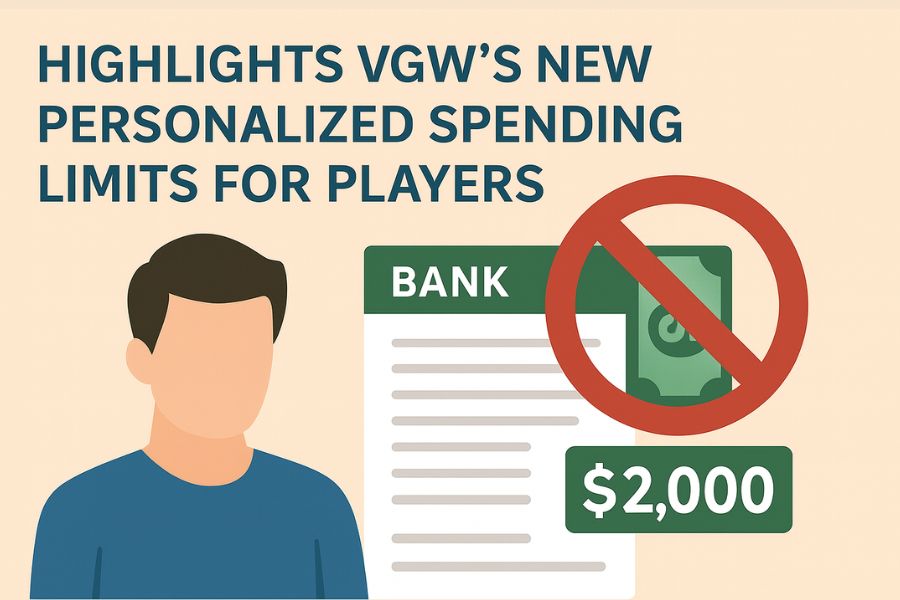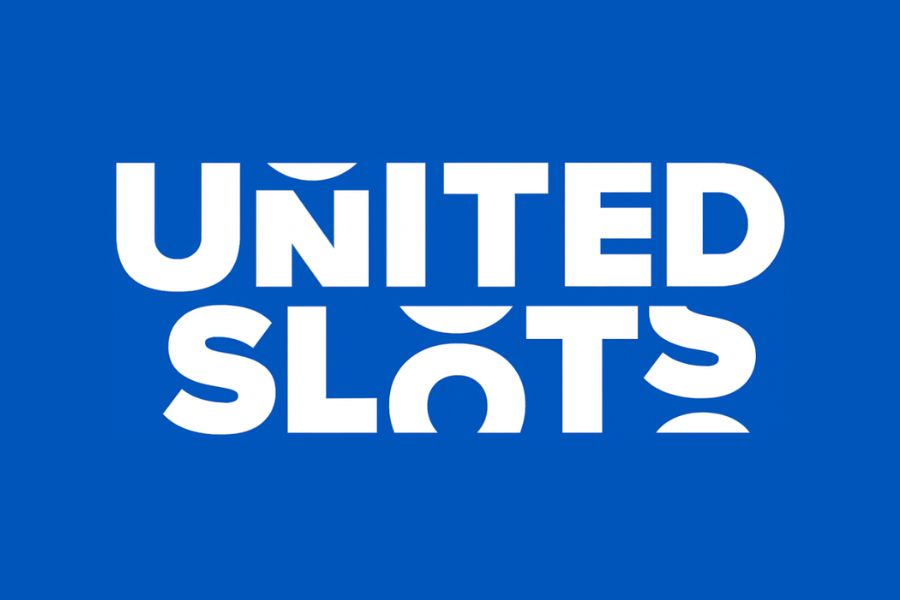SCCG Management has published an analysis of VGW the company behind Chumba Casino, LuckyLand Slots, and Global Poker saying the operator now uses personalized limits for higher-spending users.
According to SCCG, players who cross a $2,000 lifetime spend threshold must submit financial documents before VGW sets an individual cap aimed at responsible play. The firm also discusses stricter age verification for users on social casino sites.
What SCCG Says VGW Is Doing
SCCG’s analysis frames VGW’s program as a proactive step to protect players who spend the most. The piece says most people spend about $25/week, but once a player’s total purchases reach $2,000 over time, VGW asks for proof of financial capacity like a bank statement or tax return.
After that review, SCCG says VGW assigns a personalized limit that fits the user’s circumstances, rather than offering blanket caps that treat everyone the same.
SCCG positions this as a shift in how sweepstakes casinos think about safety. Instead of pushing VIP-style incentives for big spenders, the approach focuses on sustainability and keeping play within personal means.
This write-up ties this to a broader maturing of the social casino market, where most sessions are short, casual, and meant for entertainment first. The message is that clearer guardrails and upfront checks can build trust with players and regulators alike.
It also links VGW’s policies to the Social Gaming Leadership Alliance (SGLA), a group SCCG highlights as backing stronger standards. SCCG says members, including VGW, stress strict KYC processes and 21+ access controls.
The piece describes verification using government IDs and selfie checks going beyond simple “click to confirm” boxes common in some apps.
Why It Matters for U.S. Sweepstakes Casinos
For the U.S. sweepstakes niche, SCCG argues the headline benefit is credibility. Clear rules about spending limits, identity checks, and age help the sector separate itself from real-money gambling while answering policy questions from banks, media, and state officials. SCCG suggests that as scrutiny grows in places like California, operators with stronger controls could be better positioned for long-term growth.
That said, our role here is to summarize SCCG’s comments, not confirm outcomes. The analysis doesn’t include independent data on how these limits work in practice, how often players hit the $2,000 trigger, or how many later receive higher or lower caps.
It also doesn’t detail how the system handles appeals, edge cases, or potential errors in document review. These are reasonable questions regulators, consumer groups, and players might ask as the policy evolves.
SCCG’s perspective is that technology can guide smarter, data-driven guardrails without turning social casinos into traditional gambling sites. The group calls this a path toward sustainable retention based on fun, fairness, and transparent rules.
If more sweepstakes operators adopt similar checks especially around verification and tailored limits SCCG believes the sector could win more trust and reduce risk for both users and brands. We’ll keep watching for independent evaluations, regulatory feedback, and any published metrics on results.




